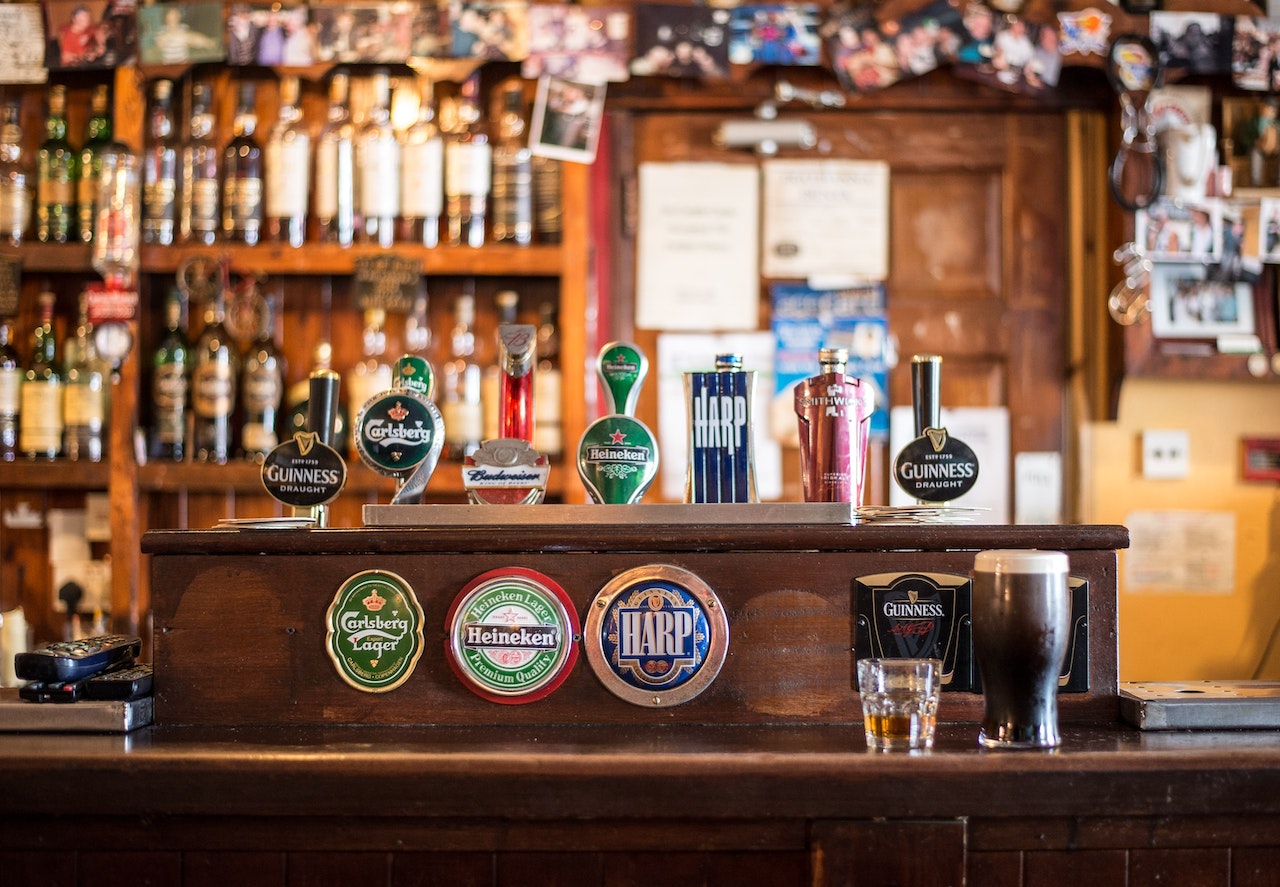LONDON (Parliament Politics Magazine) – Without urgent support from the government to lessen the hit from rising energy costs, the beer industry has warned that thousands of pubs face shutdown, endangering jobs in a sector currently struggling to recover from the Covid pandemic.
Nearly half of the 47,000 pubs in the UK are owned by companies and their executives claimed that tenants were already submitting notice because they could not afford the energy costs, which are expected to increase over five times in some cases.
Businesses see no advantage from a cap on what suppliers can charge for electricity and gas, unlike households, and many are therefore in danger of going out of business without government intervention.
The British Beer and Pub Association wrote to the government and the Conservative contenders for leadership, Liz Truss and Rishi Sunak, warning that the absence of support for an industry that employs 940,000 people will inevitably result in widespread job losses.
The 3,100-strong pub chain, Greene King’s chief executive, Nick Mackenzie, said the energy bill hit came while the industry was struggling to recover from the effects of lockdown during Covid-19, which struck the hospitality industry especially hard and left many with crippling debts.
Though the government has put in place measures to aid households in coping with the price increase, businesses were left to deal with it alone, and things would only become worse come the fall, Mackenzie said.
Without the government immediately interfering to support the industry, they could face the possibility of pubs failing to pay their bills, people losing jobs, and locals across the country being forced to close their doors. That would mean all the good work done to keep pubs open during Covid could be for nothing.
Kevin Georgel, his counterpart at the St. Austell Brewery, warned that thousands of bars would be forced to close permanently.
Chris Jowsey, CEO of Admiral Taverns, said that the impact was terrifying. The cost of power soared by 450%, making it difficult for one of their licensees to operate his pub successfully, and he regretfully gave notice to leave. Not to forget that most licensees see the pubs not just as business but also as their family home.
Pubs and other small companies often buy electricity from suppliers under long-term fixed-price contracts, which are frequently renewed at this time of year for a start date in October, unlike households.
Some claim to have been informed that their supplier was now unwilling to provide hospitality businesses with a fixed-rate contract because they are concerned the client would fail. As a result, they are now subject to “deemed” out-of-contract pricing, which may increase in step with the wholesale markets.
Other bars have complained that their provider has asked for a £10,000 deposit if they need a contract or they would receive figures indicating a sixfold increase in their energy bills.
Increases above inflation in other expenditures, such as the price of carbon dioxide used in bottling and canning and the aluminium needed to make beer cans, have made the pressure much worse.
The Norway Inn in Truro is one of three pubs that Mark Holden owns and operates in Cornwall. Before his provider went out of business and he signed an emergency contract with a new supplier at a cost of £24,000, he had a long-term gas contract in place until November 2023 with expected expenses of £5,800.
At that point, instead of choosing induction hobs, he had invested in gas cookers.
He believed that including the 2008–2010 financial crisis and Covid, this would be the biggest challenge their business has faced. Something like that would completely outperform them, he said.
As an industry, they were about to fall off a cliff in April, especially if business rates go back to 100% without assistance. The industry would die as a result.






